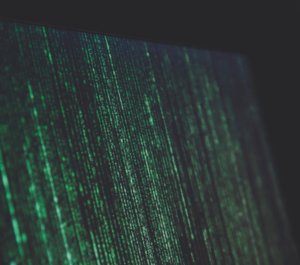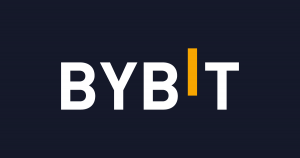Singapore govt official on cryptocurrencies: “MAS cannot regulate all products that people put their money in”
MAS explained that it does not regulate virtual currencies per se but, as most jurisdictions, it regulates the activities that surround them if those activities fall within MAS’s more general ambit as financial regulator.

Given the rising investor interest in cryptocurrencies and the growing concerns of many regulators, it was barely surprising that senior Singapore officials faced a number of questions related to this segment. In an official reply to a question on whether regulatory frameworks for crypto currencies are necessary in the future, Mr Tharman Shanmugaratnam, Deputy Prime Minister and Minister in charge of the Monetary Authority of Singapore (MAS), said that “MAS does not and cannot regulate all products that people put their money in thinking that they will appreciate in value”.
The official noted the recent advancement in technology and the emergence of new virtual means of payment, such as cryptocurrency, which is a form of digital token secured by cryptography. They are not legal tender. But some people put their trust in them and use them as a means of payment.
MAS has been monitoring the use of such virtual currencies, he said. Their use, he noted, is not prevalent in Singapore when compared to markets like Japan.
Alike most jurisdictions, MAS does not regulate such virtual currencies per se, the top government official explained. However, he stressed that the activities that surround them if those activities fall within MAS’s more general ambit as financial regulator, are regulated. One example is fund-raising. Virtual currencies can go beyond being a means of payment, and evolve into “second generation” tokens representing benefits such as ownership in assets, like a share or bond certificate. The sale of such “second generation” tokens to raise funds is commonly known as an initial coin offering or ICO.
As these are financial activities fall within MAS’ regulatory powers, in August this year, MAS clarified that if a token is structured in the form of securities, the ICO must comply with existing securities laws aimed at safeguarding investors’ interest. The requirements include having to register a prospectus and having intermediary or exchange operator licences. These intermediaries must also comply with existing rules on anti-money laundering and countering terrorism financing.
The regulator has not issued new legislation particularly for ICOs, the government official said. He added, however, that the authorities will continue to monitor the developments of such offers, and will consider more targeted legislation if needed.
Some consumers may be attracted to invest in virtual currencies and digital tokens due to their recent exponential rise in value, he said. He emphasized that the authorities recognised the significant risks of investing in virtual currencies and that MAS and the Commercial Affairs Department are working together to raise public awareness of potential scams.









